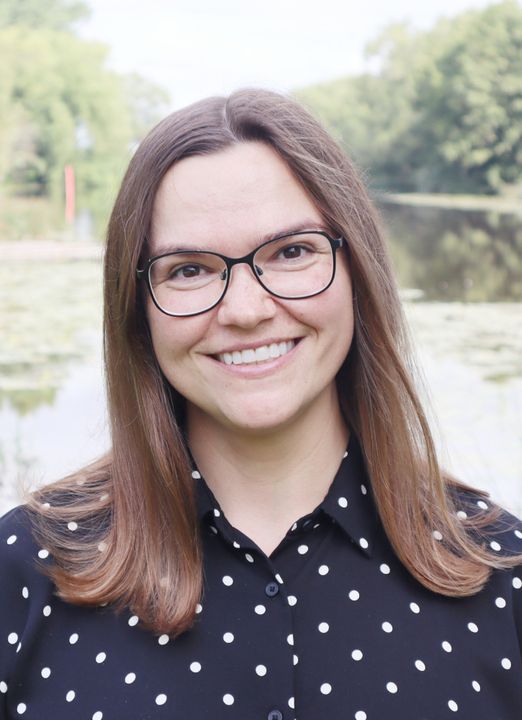RECWET Special Seminar Series #56

Date and Time: 10:30-12:00, 17 May (Fri) 2024
Place: Room 802 (8F, Engineering building 14)
'Contaminants of emerging concern in Swedish aquatic environment'
By: Associate Professor Oksana Golovko
Department of Aquatic Sciences and Assessment,
Swedish University of Agricultural Sciences (SLU)
profile
The occurrence of chemicals of emerging concern (CECs) such as pharmaceuticals and personal care products (PPCPs) in the aquatic environment are of increasing concern due to their negative impact to aquatic organisms. Furthermore, CECs can be major drivers of ecological changes, resulting in degraded ecological systems, loss of ecological services and potential concerns to public health. The lecture will be focused mainly on CECs, which comprise a diverse group of more than 4000 different chemicals with different physical-chemical and biological properties and distinct modes of biochemical action.
CECs are extensively and increasingly being used. After usage, these compounds can be released to wastewater treatment plants (WWTPs) in their original or metabolite (transformed) form. However, it has been estimated that conventional WWTPs remove only 20-30% of these CECs and the remaining compounds are released into the aquatic environment. As a consequence, CECs have been ubiquitously found in groundwater, surface water, drinking water, municipal sewage sludge, and biota (fish and other aquatic organisms) across the globe.
Identification and determination of CECs and their transformation products at environmentally relevant levels are important to understand their metabolism, excretion patterns, dispersion, mobility, and persistence under environmental conditions (biotic and abiotic degradability).
In this lecture, we'll dive into the sources, presence, and impact of CECs in various parts of our environment: from wastewater to surface water, sediments, and even plants and animals.
[About the lecturer]
Dr. Golovko’s research is focused on fate and effects of chemicals of emerging concern (CECs) (e.g. pharmaceuticals, personal care products, endocrine disruptors, per- and polyfluoroalkyl substances (PFASs), in wastewater treatment plant, drinking water treatment plant, sediment, sludge, plants and aquatic environment. Her research profile is focusing on mainly three areas:
- Development of new analytical methods for CECs in the aquatic environment: development and validation of new progressive detection methods and consequent analyses of wide spectra of relevant CECs and their transformation products in environmental samples (wastewater, drinking water, surface water, sludge, sediment, soil, plants and biota).
- Evaluating of novel treatment techniques for CECs in wastewater: ozonation, electrochemical treatment, fungi based bioremediation, and granulated active carbon.
- Combination of chemical and toxicological characterization of CECs: impact of CECs (e.g. pharmaceuticals and pesticides) as a single compound or mixture on model organisms and plants.
Takashi Hashimoto, Associate Professor, RECWET
